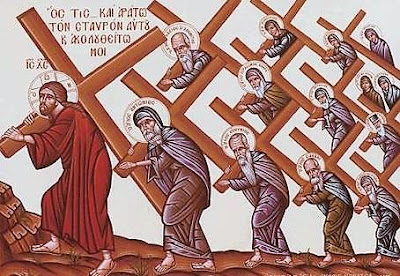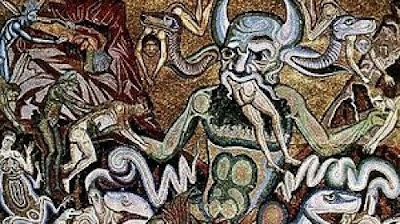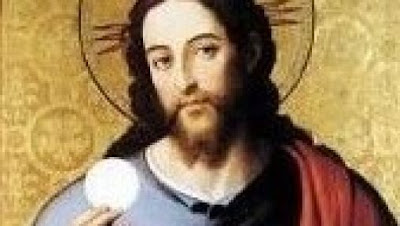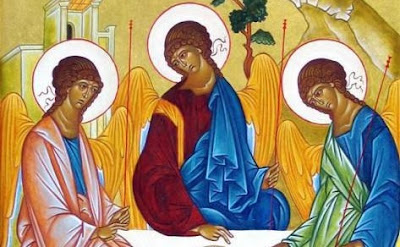Reflection for the 13th Sunday in Ordinary Time, June 28, 2020, Year A
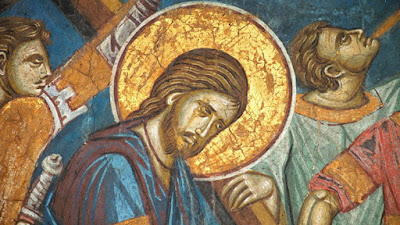
"Whoever does not take his cross and follow me is not worthy of me." Our Lord shows us the way to eternal salvation. He tells his apostles "Whoever loves father or mother more than me is not worthy of me, and whoever loves son or daughter more than me is not worthy of me; and whoever does not take up his cross and follow after me is not worthy of me. Whoever finds his life will lose it, and whoever loses his life for my sake will find it.” (Matthew 10:37-39) It sounds contradictory, “Whoever finds his life will lose it, and whoever loses his life for my sake will find it,” but these are the conditions of discipleship. A man called to the priesthood offers himself completely to God’s Church, just as a husband in marriage gives himself completely, holding nothing back from his wife. A consecrated woman gives herself in total devotion as a bride of Christ, just as a wife gives herself unreservedly in matrimony to her husband. All of these examples are renunciations
